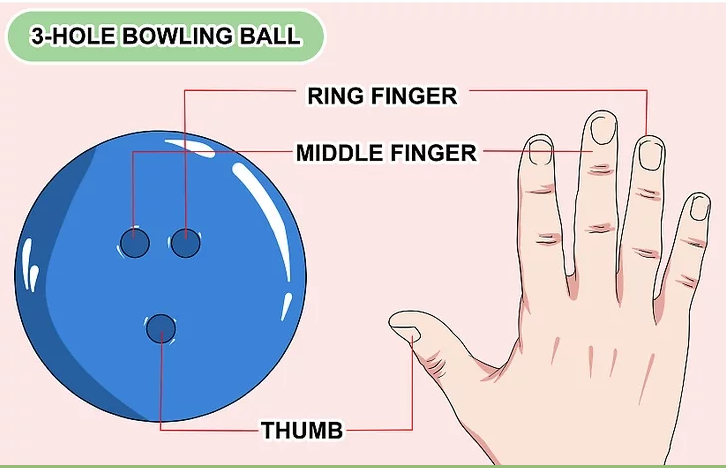As a tenant, it’s crucial to understand your rights and protections when it comes to eviction. The question of whether a landlord can evict you for no reason is a common concern among renters.
In this guide, we will explore the legal aspects surrounding tenant-landlord relationships and eviction, shedding light on when and how a landlord can evict you without cause.
Knowledge is your best defense against unfair eviction practices, and by the end of this article, you’ll be well-informed about your rights as a tenant.

Can a Landlord Evict You for No Reason?
Yes, in some jurisdictions, a landlord can evict a tenant for no reason, commonly referred to as a “no-cause” eviction. However, the landlord must adhere to specific legal procedures, such as providing proper notice and following local tenant protection laws. The ability to evict without cause varies by location, and some areas may have restrictions or exemptions, so tenants should be aware of their local laws and lease agreements to understand their rights in such situations.
Table of Contents
Understanding “For-Cause” and “No-Cause” Evictions
Before diving into the specifics of “no-cause” evictions, it’s essential to distinguish between “for-cause” and “no-cause” evictions. While “for-cause” evictions require a valid reason, “no-cause” evictions can occur without specific grounds. However, even in “no-cause” evictions, landlords must follow legal procedures.
The Role of Lease Agreements
Lease agreements play a significant role in determining a landlord’s ability to evict a tenant without cause. The terms and duration of your lease can affect whether a “no-cause” eviction is permissible. We’ll delve into the importance of lease agreements in this section.
Tenant Protection Laws
Tenant protection laws vary by state and locality. Understanding these laws is crucial for tenants, as they often dictate the conditions under which a landlord can evict a tenant without cause. We’ll explore these legal protections and their implications.
Eviction Notice Requirements
Even in “no-cause” evictions, landlords are typically required to provide notice to tenants. The notice period and format depend on local laws and the terms of your lease. Knowing your rights regarding eviction notices is essential for tenants.
Challenging an Unjust Eviction
If you believe your “no-cause” eviction is unjust or in violation of tenant protection laws, you have options to challenge it. We’ll discuss the steps you can take to protect your rights and seek remedies for an unfair eviction.
Conclusion
Understanding the complex issue of “no-cause” evictions is vital for tenants to protect their rights. By familiarizing yourself with lease agreements, tenant protection laws, and eviction notice requirements, you can navigate this challenging situation with confidence.
Remember that seeking legal advice may be necessary if you believe your “no-cause” eviction is unjust. Your knowledge of tenant rights is your best defense against unfair eviction practices.
Frequently Asked Questions
Can a landlord evict you without a court order?
In most cases, a landlord cannot evict you without a court order. Evictions typically require legal proceedings and a court-issued eviction order. Landlords must follow specific legal procedures, such as providing notice and filing a lawsuit if necessary, to remove a tenant.
Attempting to evict a tenant without a court order may constitute an illegal eviction, and tenants have legal rights to challenge such actions. However, there may be exceptions in certain jurisdictions or specific circumstances, so it’s crucial to consult local tenant-landlord laws for precise information.
Can a landlord evict me for no reason?
Yes, in some jurisdictions, landlords can initiate “no-cause” evictions, but they must follow legal procedures and provide notice.
Do tenant protection laws apply to “no-cause” evictions?
Yes, tenant protection laws often apply to “no-cause” evictions, providing safeguards for tenants even in such cases.
What is the typical notice period for a “no-cause” eviction?
Notice periods vary by location, but they often range from 30 to 90 days. Lease agreements may specify a different timeframe.
Can I negotiate with my landlord to avoid a “no-cause” eviction?
Yes, open communication with your landlord can sometimes lead to alternative solutions, such as lease extensions or mutually agreed-upon move-out dates.
What should I do if I receive a “no-cause” eviction notice?
Consult local tenant-landlord laws, review your lease agreement, and consider seeking legal advice to ensure your rights are protected.
Are there any exceptions to “no-cause” evictions?
Some jurisdictions have specific exemptions, such as owner move-in or substantial renovations, where “no-cause” evictions may be allowed.
Also Read: 7+ Signs Your Landlord Wants You Out [It’s Time To Leave]







